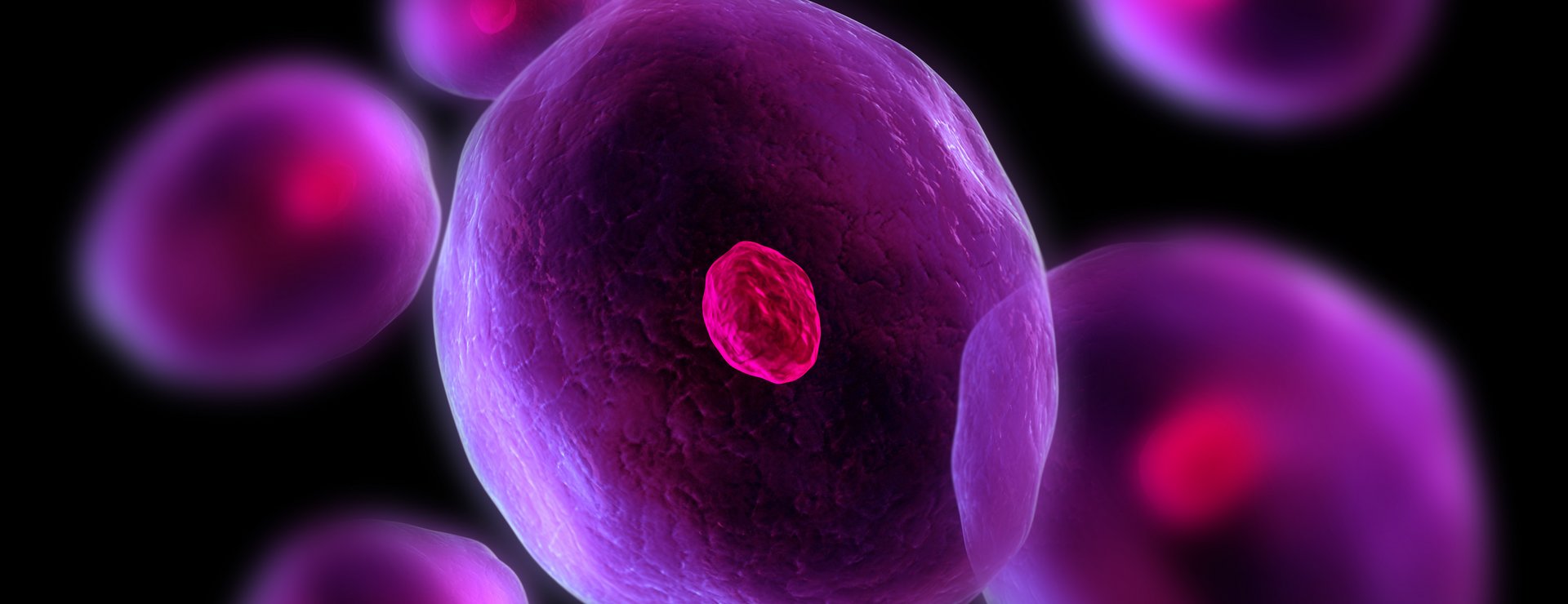
Prof. Dr. Magdalena Götz
Head of Stem Cell Center Department, Head of Institute of Stem Cell Research, Head of Research Group Neural Stem Cells“My vision is to explore the mechanisms of neurogenesis to use it for instructing neurogenesis for replacement of lost neurons.”
“My vision is to explore the mechanisms of neurogenesis to use it for instructing neurogenesis for replacement of lost neurons.”
Academic Pathway & Research Area
Magdalena Götz studied biology at Tübingen and Zürich and fell in love with developmental biology during that time already. She performed her doctoral thesis on identifying mechanisms how neurons find their targets in the developing brain and proceeded in her postdoc work on mechanisms of brain regionalization and fate specification, using the state-of-the art viral vector tools developed at that time. When she became a group leader at the Max-Planck Institute of Neurobiology she was the first to utilize fluorescent-activated cell sorting to identify progenitor subtypes which led to the discovery of radial glial cells as the actual neural stem cells (Malatesta et al., 2000). This led her to probe the - at that time prior to the invention of induced pluripotent stem cells - crazy idea of turning differentiated glia into neurons, i.e. the invention of direct neuronal reprogramming (Heins et al., 2002). Since then, in her tenured positions at Helmholtz Munich and LMU, she developed this approach further by improving reprogramming to the amazing efficiency of up to 90% even in vivo after brain injury targeting selectively reactive, proliferating glia (Gascon et al., 2016), establishing this approach also for cells isolated from adult human brains (Karow et al., 2012), and establishing many fundamental principles and mechanisms during this process, such as the key influence of the starter cells (Kempf et al., 2021) and the crucial contribution of the mitochondrial proteome (Russo et al., 2021).
Importantly, Magdalena Götz never left her core expertise – exploring mechanisms of brain development – that she could then also use for reprogramming. She discovered a novel nuclear protein that acts like a master regulator of phase transition in the nucleus coregulating several compartments (Esgleas et al., 2020) as the first factor to regulate brain folding even in the normally smooth murine brain (Stahl et al., 2013). In her recent work she serendipitously identified the amazingly specific regulation of a novel interphase centrosome protein, Akna, in only subsets of neural stem cells (Camargo et al., 2019) and took these to explore the comprehensive proteome of human neural stem cells and neurons that she showed to differ from other cells by more than half of their entire proteome (O’Neill et al. 2022). This basic research allowed her to understand how mutation of a ubiquitous protein can actually result in brain disease – namely due to its centrosome localization only in neural cells.
Fields of Work and Expertise
Neural stem cellsNeurogenesisDirect neuronal reprogrammingViral vectorsBrain injury
Professional Background
Dr.rer.nat at the Friedrich-Miescher Institute of the Max-Planck Society, Tübingen, Germany
Postdoctoral fellow at the National Institute for Medical Research, London and Smith Kline Beecham, Harlow, UK
Group Leader Max-Planck-Institute of Neurobiology
Director of the Institute of Stem Cell Research & Chair of Physiological Genomics, LMU
External member of the Max-Planck Society at the Max-Planck-Institute for Biochemistry
Honors and Awards
Gottfried Wilhelm Leibniz Prize, German Research Foundation
Advanced ERC Grant
Roger de Spoelberch Prize, Roger de Spoelberch Foundation
Advanced ERC Grant




